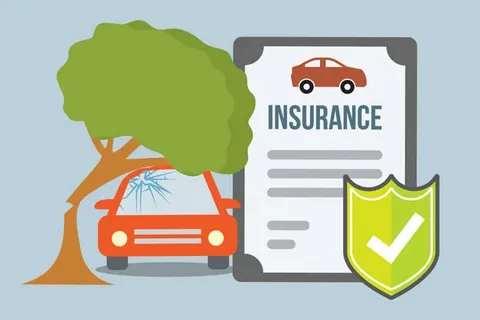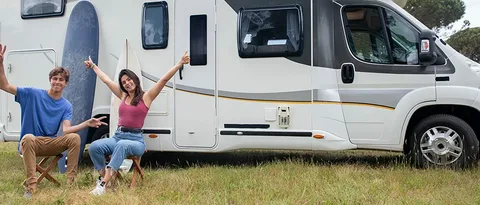What States Require Trailer Insurance: A Comprehensive Guide
If you own a trailer, you might be wondering if you need to insure it. The requirements vary significantly across the United States, and you might be surprised by the differences. Some states mandate liability coverage for trailers, while others have no such requirements. This article will cover everything you need to know about trailer insurance requirements in different states, ensuring you stay compliant and protect your investment.

Understanding Trailer Insurance
When you own a trailer, having the right insurance is crucial. Trailer insurance protects you from various risks and ensures compliance with state laws. There are several types of trailers, each serving a unique purpose, and the insurance requirements can vary based on the type of trailer you own.
Different Types of Trailers:
- Utility Trailers: Used for hauling small equipment and materials.
- Travel Trailers: Provide living space for vacations and camping.
- Motorhomes: Combine transportation and living quarters in one vehicle.
- Fifth Wheels: Larger travel trailers towed by pickup trucks.
- Flatbed Trailers: Useful for transporting heavy loads.
- Concession Trailers: Specialized for selling food and drinks.
- Auto Hauler Trailers: Transport vehicles.
- Refrigerated Trailers: Keep goods cool during transport.
- Tank Trailers: Carry liquids.
- Livestock Trailers: Transport animals.
- Logging Trailers: Designed for carrying logs.
Basics of Trailer Insurance Coverage: Trailer insurance typically covers several key areas:
- Liability Insurance: Protects you if your trailer causes injury or damage to others.
- Comprehensive Coverage: Pays for non-collision incidents, like theft or natural disasters.
- Collision Coverage: Covers damages to your trailer if you’re in an accident.
The type of coverage you need might depend on your trailer. For example, an auto hauler trailer might require extra coverage for the vehicles it transports, while a refrigerated trailer may need coverage for temperature-related damage.
State-Specific Insurance Requirements
When it comes to trailer insurance, different states have specific requirements. It’s important to know what your state mandates so you can stay compliant and avoid penalties.
Western States Regulations:
- California: Mandates liability insurance for trailers. You need $15,000 for bodily injury per person, $30,000 for total injury per accident, and $10,000 for property damage1.
- Arizona: Trailer insurance isn’t required, but it’s wise to have coverage to protect your investment1.
- Colorado: Requires trailer insurance if the trailer is used for business purposes1.
- Alaska: Does not mandate trailer insurance; however, comprehensive and collision coverage can protect in case of accidents or natural events1.
Midwestern States Guidelines:
- Illinois: Trailers must have liability insurance if they are over a certain weight2.
- Ohio: Requires liability insurance for trailers used for commercial purposes2.
- Michigan: Mandates insurance for trailers used for business2.

Southern States Mandates:
- Texas: Requires trailer insurance based on size and weight2.
- Florida: Mandates liability insurance for trailers2.
- Georgia: Requires insurance for trailers used for commercial purposes2.
Eastern States Rules:
- New York: Mandates trailers to have liability insurance2.
- Pennsylvania: Requires insurance for trailers used for business2.
- New Jersey: Mandates liability insurance for trailers2.
Recommendations for Trailer Owners
Regardless of state requirements, having trailer insurance is a good idea to protect your investment. Here are some recommendations for trailer owners:
- Check Local Laws: Always check your local laws and talk to an insurance agent to find the best plan for your needs.
- Consider Comprehensive Coverage: Even if not required, comprehensive coverage can protect you from theft, natural disasters, and other non-collision incidents.
- Evaluate Your Needs: The type of trailer you own and how you use it will determine the type of coverage you need.

Conclusion
Understanding the insurance requirements for trailers in different states is crucial for staying compliant and protecting your investment. Whether you’re hauling goods for your business, embarking on a cross-country RV adventure, or simply moving stuff around, having the right insurance coverage can save you from potential fines and legal issues.
For more detailed information, you can visit Cartipsdaily and Insuranceguideme.
If you have any specific questions or need further assistance, feel free to reach out to your local insurance agent. They can provide personalized advice based on your unique situation and ensure you have the coverage you need.
Stay safe and happy trailing! 🚚
Leave a Reply